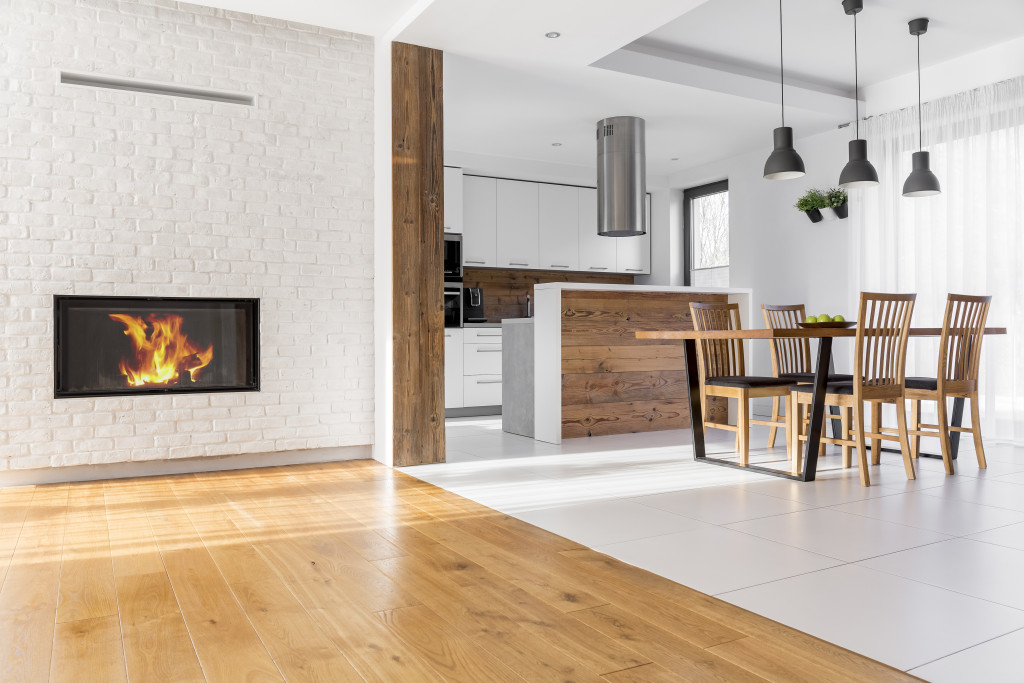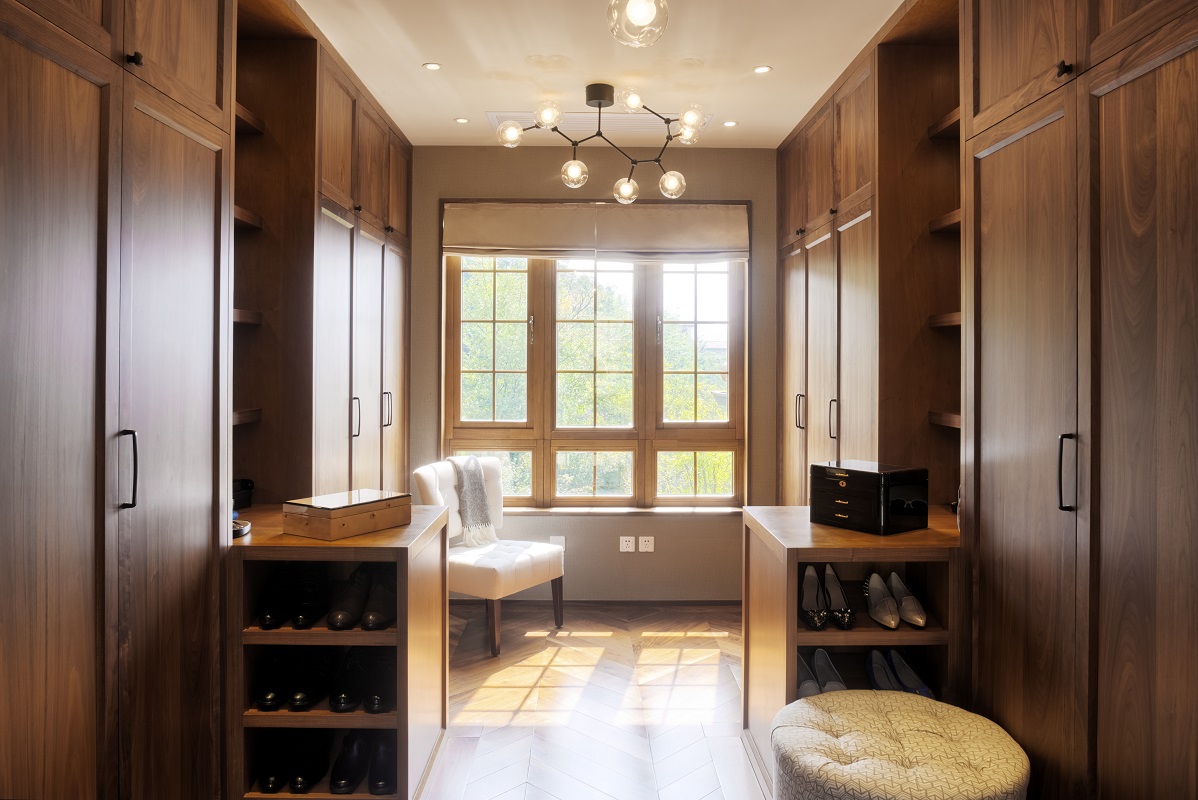- Regular cleaning and decluttering are crucial for maintaining a home’s interior.
- Vigilance with pest control measures can prevent costly damage.
- Periodic structural inspections by professionals are essential to address issues before they escalate.
- Regularly inspect and maintain the exterior of your home, including gutters, siding, and landscaping.
- Stay on top of essential systems maintenance for safety and to prevent unexpected breakdowns.
Owning a home is a significant achievement and a substantial investment. Ensuring that your residence remains in excellent condition is vital to maintaining its value and the quality of your living environment. Regular maintenance can help you avoid costly repairs and enjoy the comfort and security that a well-kept home brings. Here are five tips to assist you in keeping your home in pristine condition.
1. Prioritize Regular Cleaning and Decluttering
Routine cleaning is an essential aspect of home maintenance. Dusting, vacuuming, and wiping surfaces can go a long way in preserving the integrity of your home’s interior.
Decluttering not only keeps your space tidy but also allows you to identify potential issues before they escalate. Regularly organizing your belongings can make cleaning more manageable and improve your living space’s overall aesthetic and functionality.
2. Stay Vigilant with Pest Control Measures

Pest infestations can lead to significant damage if left unchecked. Regularly inspecting your home for signs of pests is crucial to preventing and addressing potential issues.
Implementing preventive measures, such as sealing gaps, proper waste management, and keeping your space dry, can significantly reduce the likelihood of an infestation. Prompt action at the first sign of pests can save you time, money, and stress in the long run.
3. Invest in Periodic Structural Inspections
Keeping tabs on your home’s structural integrity is essential for longevity and safety. Regular inspections can help identify problems such as cracks in walls, roof leaks, or foundation issues.
Engaging in periodic checks on essential elements like your roof, walls, and flooring can prevent minor issues from turning into major, costly repairs. Stay proactive in addressing concerns to ensure your home remains sturdy and secure.
Here are tips to invest in periodic structural inspections:
Hire a Professional
While untrained eyes can identify some defects, many structural issues require the keen observation of a professional. Hiring an experienced home inspector can reveal hidden defects that could lead to significant expenses in the future. They can provide a comprehensive review of your home’s condition, including the plumbing, electrical system, roofs, and foundations. These inspections, while costing upfront, can save you from expensive repairs down the line.
Follow a Regular Inspection Schedule
One-off inspections are helpful, but the real value lies in regular, scheduled checks. Depending on your home’s age and condition, you may need yearly or bi-yearly inspections. Regular inspections can help you stay ahead of potential issues, allowing you to resolve them before they develop into significant problems. Set a schedule and stick to it; preventative maintenance is far less costly than reactive repairs.
Pay Special Attention to High-Risk Areas
Some areas of your home are more prone to damage and deterioration than others. Paying special attention to these high-risk areas — such as the roof, foundations, and areas with plumbing – can help prevent significant structural damage. For instance, unnoticed water leaks can lead to mold growth and wood rot, compromising your home’s integrity and potentially causing health issues.
Act Swiftly on Identified Issues
Once an issue has been identified, it’s crucial to act swiftly. Even minor problems can escalate quickly, leading to major repairs and hefty costs. By addressing identified issues promptly, you not only maintain your home’s structural integrity but also conserve its value over time. Remember, delaying could complicate the problem and escalate the cost.
4. Pay Attention to Your Home’s Exterior and Landscape
Maintaining your home’s exterior is equally important as caring for its interior. Regularly inspect and clean your gutters, ensure that your siding is in good condition, and monitor the state of your windows and doors.
A well-maintained landscape not only enhances your home’s curb appeal but also contributes to its overall health. Properly pruned trees and well-kept lawns can prevent damage to your home and create an inviting atmosphere.
5. Don’t Overlook Essential Systems Maintenance

Plumbing and electrical systems are the lifelines of your home. Regular checks can help ensure that these systems are functioning correctly and safely. Inspecting your electrical wiring, fixtures, and appliances can prevent potential hazards.
On the plumbing side, investing in professional in-line inspection of pipelines can be a game-changer. This technique allows for the timely detection of any internal anomalies or potential issues within your pipelines. By staying proactive in maintaining your home’s essential systems, you can prevent unexpected breakdowns and costly repairs.
In Summary
Homeownership comes with the responsibility of maintenance to ensure that your investment is protected and continues to provide comfort and safety. By regularly cleaning and decluttering, controlling pests, conducting structural inspections, caring for your home’s exterior and landscape, and staying on top of essential systems maintenance, you can enjoy peace of mind. These tips can help you preserve the value and integrity of your home for years to come.
